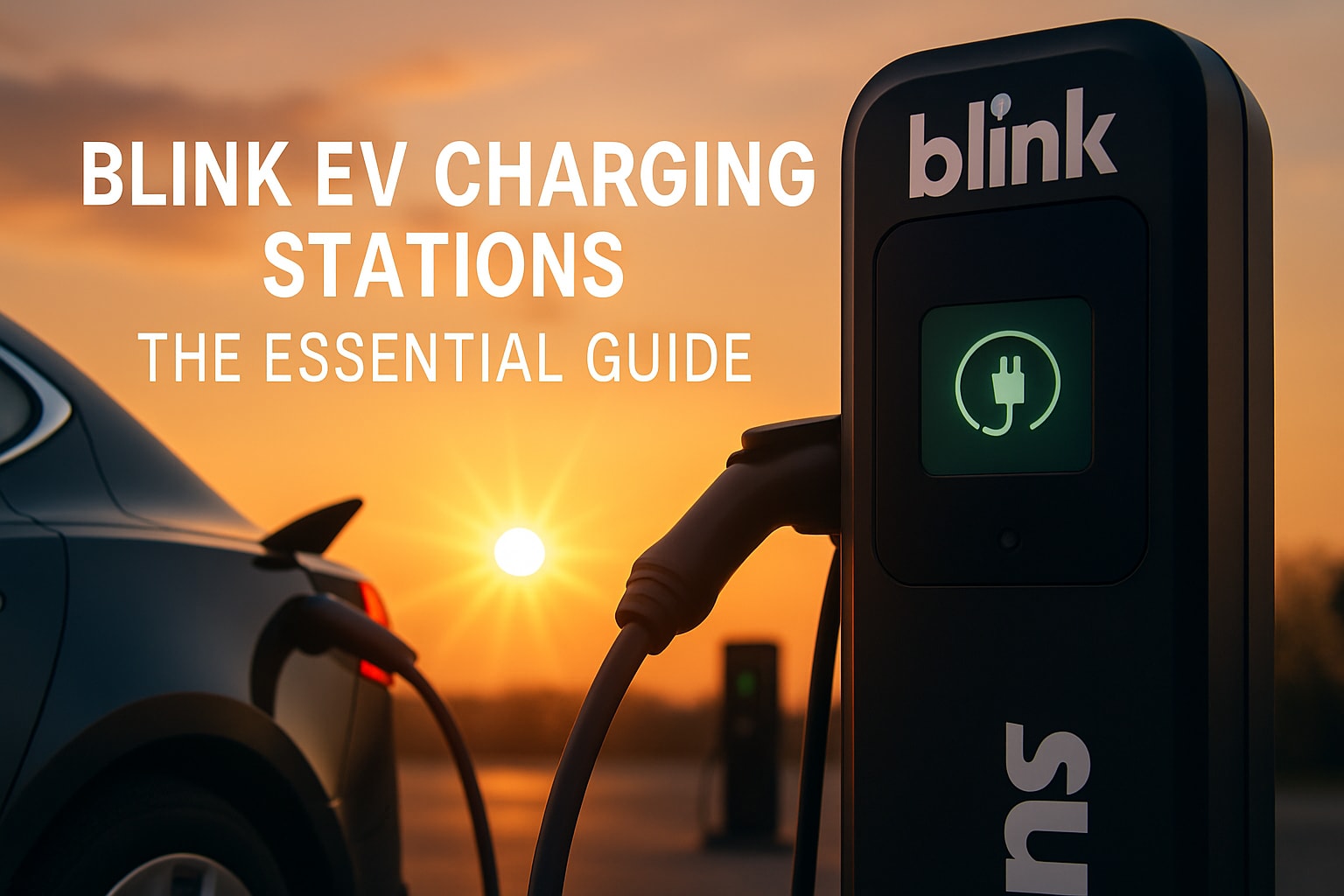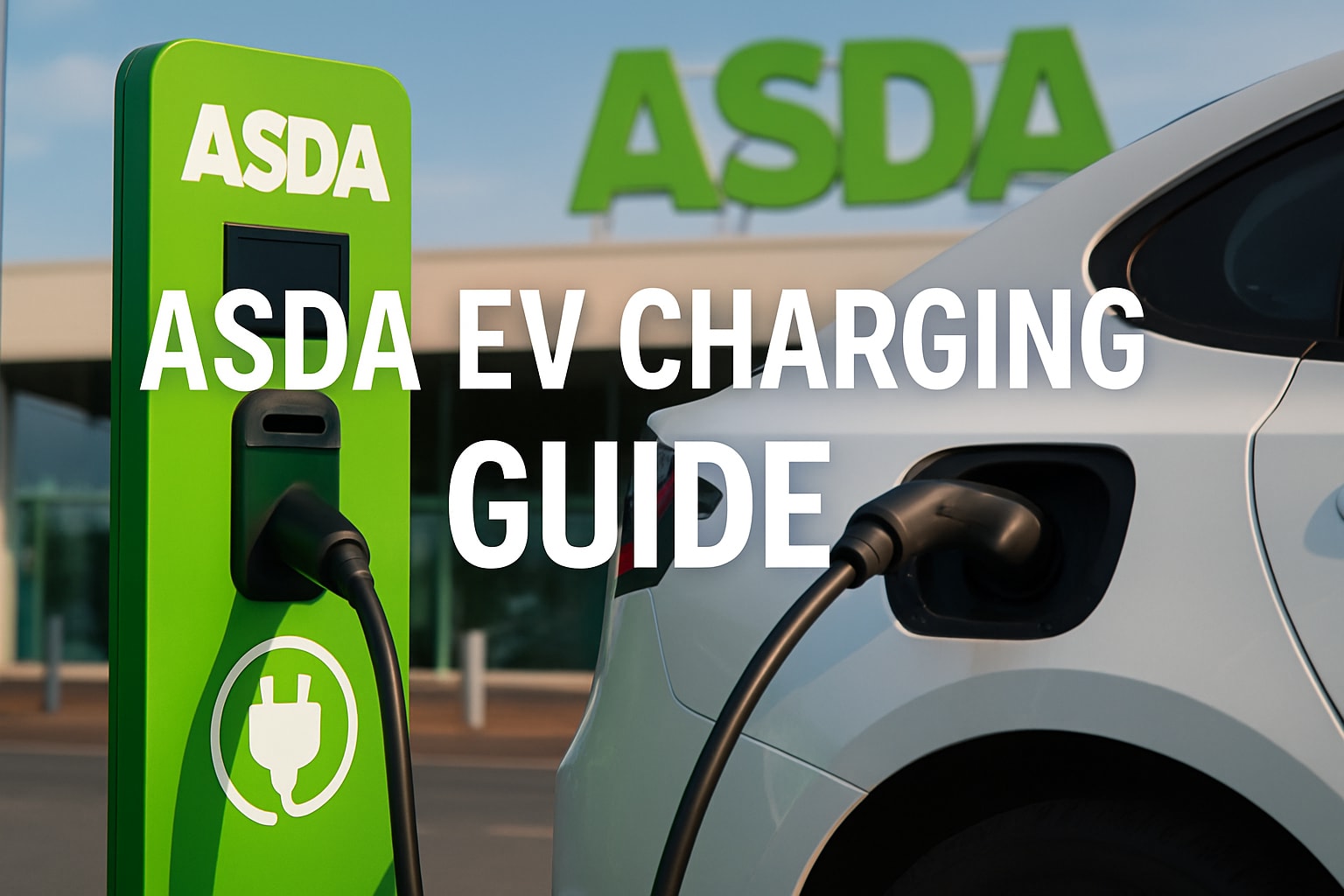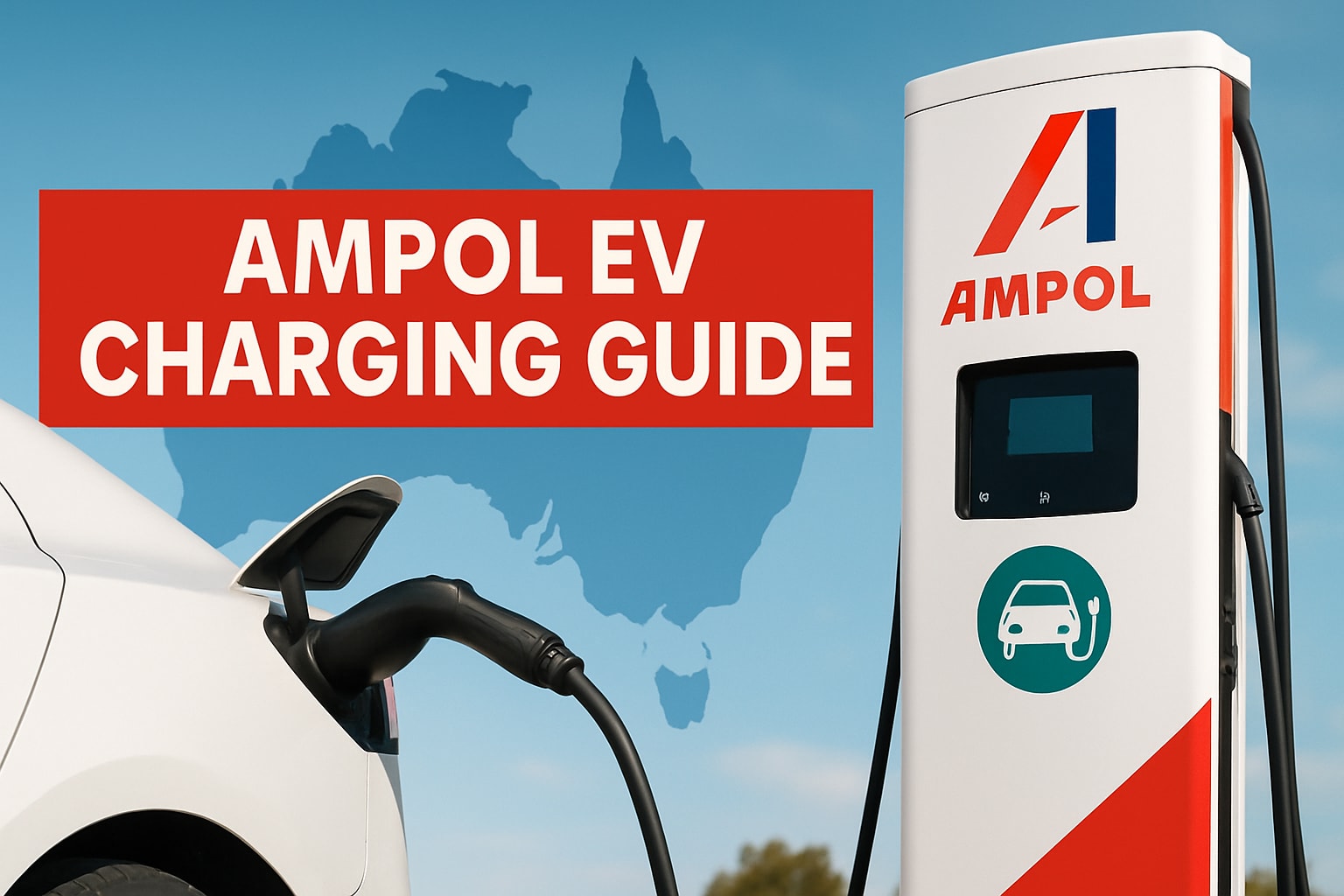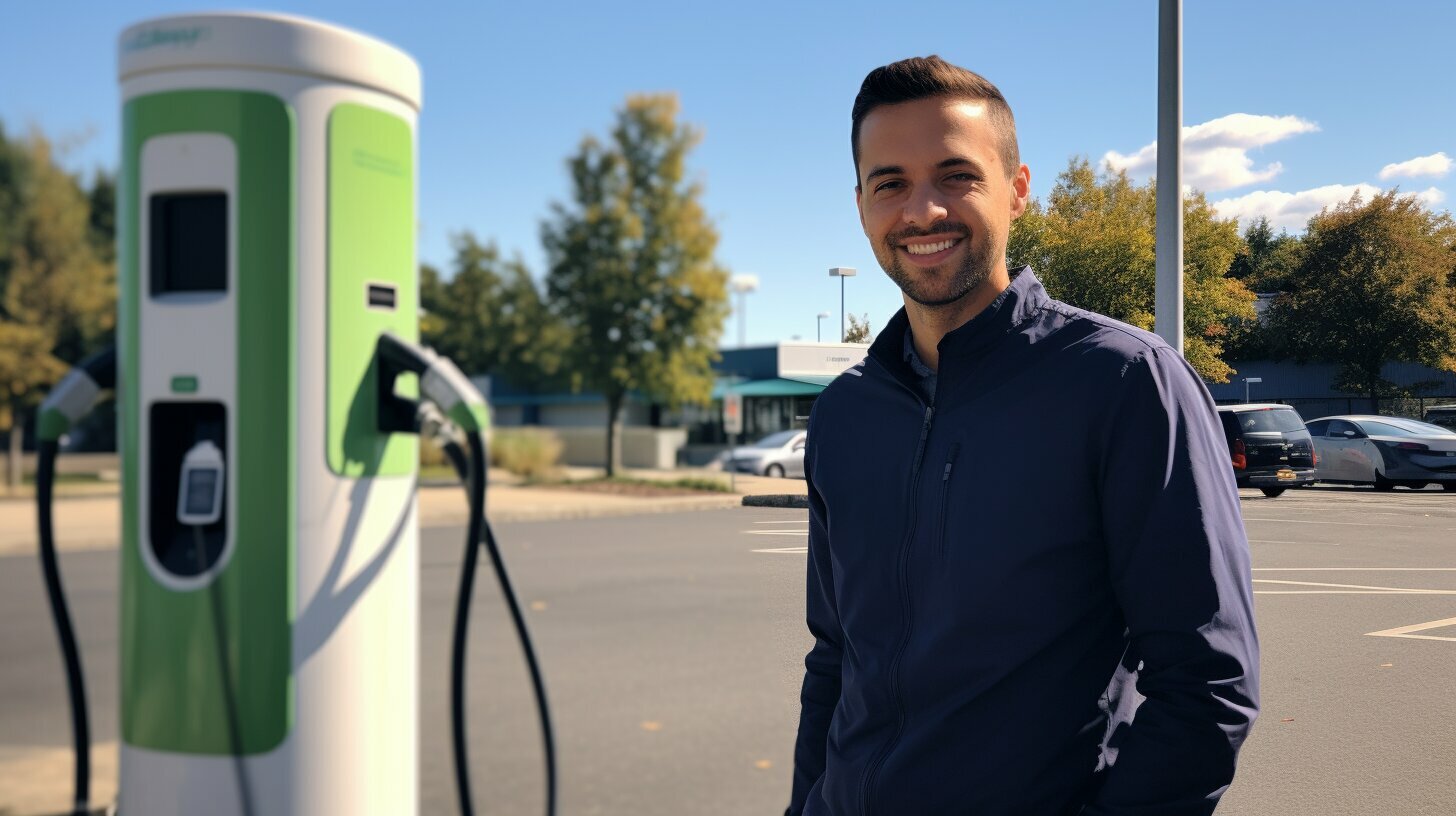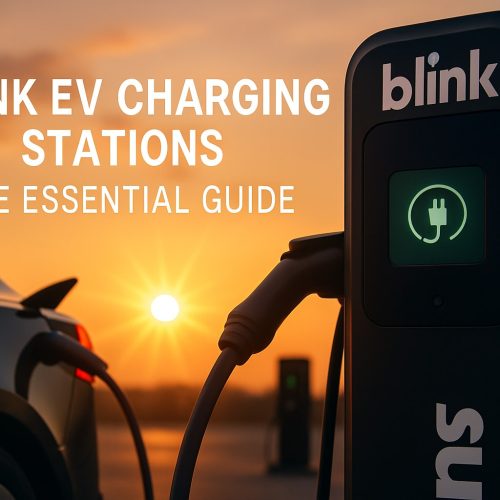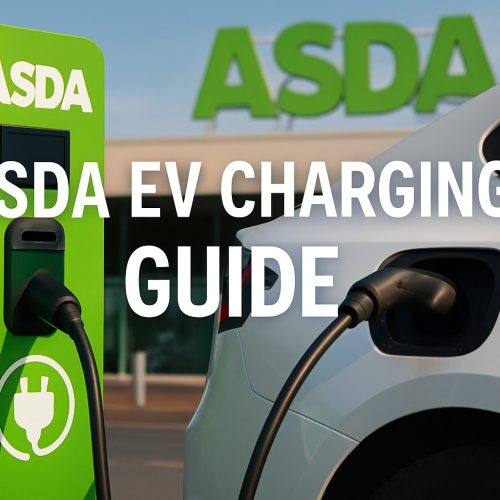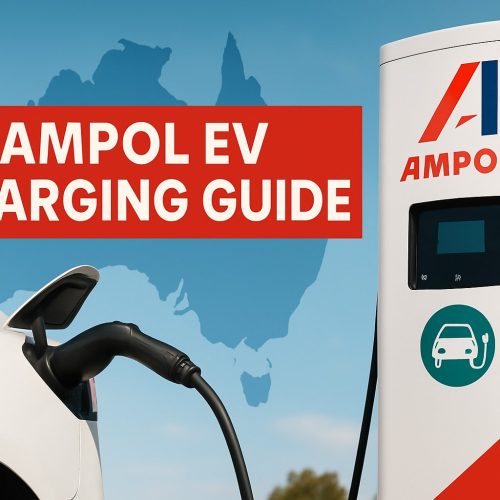Electric vehicle charging offers numerous advantages, including fuel savings, eco-friendliness, and convenience. By embracing electric vehicle charging, you can not only save money but also contribute to a greener and more sustainable future.
Key Takeaways:
- Lower the purchase price of electric vehicles through federal and state tax credits or rebates.
- Take advantage of state-level incentives, utility company rebates, and programs offered by local governments and non-profit organizations.
- Explore dealer incentives and negotiations to maximize cost savings.
- Enjoy lower fuel and maintenance costs compared to conventional vehicles.
- Contribute to energy security and reduce emissions for improved air quality and decreased greenhouse gas emissions.
Lower Purchase Price with Tax Credits and Rebates
Unlocking the benefits of electric vehicle (EV) charging can start with lower purchase prices, thanks to federal and state tax credits or rebates. These incentives can significantly reduce the upfront cost of owning an electric vehicle, making it a more affordable option for consumers.
At the federal level, the government offers various tax credits for EV purchases. For example, the federal electric vehicle tax credit provides a credit of up to $7,500, depending on the battery capacity of the vehicle. This credit can be applied to your income tax liability, effectively decreasing the overall cost of the EV.
Additionally, many states offer their own tax credits and rebates to encourage the adoption of electric vehicles. These incentives vary by state but can provide considerable savings. Some states even offer additional incentives such as reduced vehicle registration fees or access to carpool lanes, providing further advantages for EV owners.
| Government | Tax Credit/Rebate Amount |
|---|---|
| Federal | Up to $7,500 |
| California | Up to $2,500 |
| New York | Up to $2,000 |
| Texas | Up to $2,500 |
By taking advantage of these tax credits and rebates, consumers can significantly lower the purchase price of their electric vehicle. Not only does this make EVs more accessible to a wider range of people, but it also helps promote the adoption of environmentally friendly transportation options.
State-Level Incentives and Utility Company Rebates
In addition to federal incentives, there are also state-level incentives and utility company rebates available to electric vehicle (EV) owners. These additional perks further reduce the cost of owning and operating an EV, making it an even more appealing choice for environmentally conscious consumers.
Many states offer various programs and initiatives aimed at promoting electric vehicle adoption. These can include rebates or tax credits for the purchase or lease of an EV, as well as grants for installing home or workplace charging stations. Some states also provide exemptions or discounts on tolls, parking fees, or vehicle registrations for EV owners.
| State | Incentives |
|---|---|
| California | Up to $7,000 rebate on qualifying EVs |
| New York | Up to $2,000 rebate on qualifying EVs |
| Texas | Up to $2,500 rebate on qualifying EVs |
Utility companies also play a significant role in supporting the transition to electric vehicles. Many offer rebates or special rates for EV charging, which can significantly reduce the cost of charging at home or public charging stations. Some utility companies even provide financial incentives for switching to electric, such as discounted electricity rates during off-peak hours.
By taking advantage of state-level incentives and utility company rebates, EV owners can tap into additional savings and enjoy a more affordable and environmentally friendly driving experience.
Dealer Incentives and Negotiations
When it comes to buying or leasing an electric car, dealer incentives and negotiations can help you unlock additional cost savings. Dealerships often offer special deals and discounts on electric vehicles to incentivize customers to make the switch to sustainable transportation. By taking advantage of these offers, you can potentially lower the purchase price or reduce monthly payments, making electric cars more affordable and accessible.
In addition to direct incentives, negotiations with dealers can also lead to favorable terms and conditions. Dealerships are motivated to sell electric vehicles and may be willing to provide additional discounts or benefits to close the deal. This can include options like free charging station installation, extended warranties, or discounted maintenance packages. It’s worth exploring different dealerships and comparing offers to ensure you get the best deal possible.
Quote: “Dealer incentives played a significant role in my decision to purchase an electric car. The dealership offered a generous discount and even threw in a complimentary home charging station. This made the transition to an electric vehicle much more affordable and convenient for me.” – John, satisfied electric car owner.
Table: Examples of Dealer Incentives and Negotiation Strategies
| Dealer Incentive | Description |
|---|---|
| Price Reduction | Discounts or rebates applied to the purchase or lease price of the electric vehicle. |
| Free Charging Station | Dealership covers the cost of installing a home charging station, providing convenience and savings for the owner. |
| Extended Warranty | Additional coverage beyond the manufacturer’s warranty, giving peace of mind and potential savings on repairs. |
| Maintenance Packages | Discounted or complimentary maintenance services for a certain period, reducing long-term ownership costs. |
By exploring dealer incentives and negotiating the terms of your electric car purchase, you can unlock significant cost savings and take full advantage of the benefits of charging electric cars. Remember to research different dealers, compare offers, and don’t hesitate to negotiate for the best possible deal. The financial benefits, combined with the positive impact on the environment, make electric vehicles a compelling choice for eco-conscious consumers.
Lower Fuel and Maintenance Costs
One of the biggest benefits of electric vehicle charging is the lower fuel and maintenance costs associated with owning an electric car. Compared to conventional vehicles, electric vehicles offer significant cost savings over the long run. With an electric vehicle, you can say goodbye to expensive trips to the gas station. Instead, you can charge your car at home or at public charging stations, saving money on fuel expenses.
According to a study conducted by the U.S. Department of Energy, charging an electric vehicle is generally cheaper than refueling a gasoline-powered car. The study found that on average, electric vehicles cost about half as much to operate per mile compared to gasoline vehicles. In addition, electric vehicle owners can benefit from lower maintenance costs. Electric cars have fewer moving parts, which means they require less maintenance and have a reduced need for oil changes and engine-related repairs.
To illustrate the potential savings, let’s take a look at a comparison between fuel costs for a conventional car and an electric car. Based on the average cost of electricity in the United States (about 13 cents per kilowatt-hour) and assuming an electric vehicle achieves an efficiency of 4 miles per kilowatt-hour, it would cost about 3.25 cents per mile to charge an electric car. On the other hand, the average cost of gasoline in the U.S. is around $3 per gallon, and assuming a conventional car achieves a fuel efficiency of 25 miles per gallon, it would cost about 12 cents per mile to fuel a gasoline-powered car. Over time, these savings can add up, putting more money back in your pocket.
| Electric Vehicle | Gasoline-Powered Car | |
|---|---|---|
| Cost per mile | 3.25 cents | 12 cents |
By opting for an electric vehicle and utilizing electric vehicle charging, you can not only save money but also contribute to a greener future. Electric cars produce zero tailpipe emissions, reducing greenhouse gas emissions and improving air quality. Additionally, by reducing our dependence on fossil fuels, we can enhance energy security and create a more sustainable energy future. Investing in electric vehicle charging infrastructure, both in urban and rural areas, is crucial for promoting the widespread adoption of electric vehicles and reaping the associated benefits.
Energy Security and Emissions Reduction
Embracing electric vehicle charging not only saves money but also enhances energy security and helps combat climate change by reducing emissions. Electric vehicles contribute to energy security by reducing dependence on imported oil. With electric vehicle charging infrastructure in place, the need for traditional fossil fuels diminishes, ensuring a more stable and sustainable energy supply for the future.
In addition, electric vehicles produce zero tailpipe emissions, significantly reducing greenhouse gas emissions compared to conventional vehicles. According to a study by the Union of Concerned Scientists, electric vehicles produce less than half the emissions of their gasoline-powered counterparts over their lifetime. Embracing electric vehicle charging paves the way for a cleaner transportation sector, leading to improved air quality and better health outcomes for communities.
Improving Air Quality and Health Outcomes
The adoption of electric vehicles and the expansion of EV charging infrastructure can have a profound impact on air quality, particularly in urban areas. By transitioning from combustion engines to electric-powered vehicles, harmful pollutants such as nitrogen oxides and particulate matter are significantly reduced. This reduction in air pollution has direct benefits for public health, reducing the incidence of respiratory diseases and improving overall well-being.
A study published in the Journal of Environmental Science and Technology found that widespread adoption of electric vehicles and increased utilization of EV charging infrastructure could prevent thousands of premature deaths each year, as well as reduce healthcare costs associated with air pollution-related illnesses. This highlights the critical role that electrification of transportation can play in creating healthier and more sustainable communities.
| Economic Benefits of Electric Vehicle Charging | Environmental Benefits of Electric Vehicle Charging |
|---|---|
|
|
By considering the overall benefits of electric vehicle charging, it becomes clear that embracing this technology is not only financially advantageous but also essential for a sustainable and resilient future. The combination of lower costs, reduced emissions, improved air quality, and economic development opportunities make electric vehicle charging a win-win solution for individuals, communities, and the environment.
Benefits of EV Charging Infrastructure in Rural Areas
Electric vehicle charging infrastructure can bring numerous benefits to rural communities, from attracting travelers to promoting local businesses. In addition to providing convenient charging options for electric vehicle owners, the presence of EV charging stations in rural areas can have a positive impact on the local economy and environment.
One of the key advantages of EV charging infrastructure in rural areas is its ability to attract regional travelers. As electric vehicles become more popular, people traveling through rural areas are more likely to choose routes that have accessible charging stations. This increased footfall can benefit local businesses, including retail shops, restaurants, and tourist attractions. By offering charging facilities, rural communities can tap into the growing number of eco-conscious travelers who actively seek out charging infrastructure to support their sustainable transportation choices.
Moreover, the establishment of EV charging infrastructure in rural areas contributes to improved air quality and health outcomes. Electric vehicles produce zero tailpipe emissions, reducing harmful pollutants that contribute to air pollution and respiratory issues. By encouraging the adoption of electric vehicles through the provision of charging stations, rural communities can contribute to cleaner air and a healthier environment for residents and visitors alike.
| Benefits of EV Charging Infrastructure in Rural Areas |
|---|
| Attracts regional travelers |
| Promotes local businesses |
| Improves air quality |
| Reduces emissions |
| Enhances public health |
Furthermore, the presence of EV charging infrastructure in rural areas opens up opportunities for economic growth and job creation. As the demand for electric vehicles and charging infrastructure continues to rise, local businesses can capitalize on this trend by providing services related to installation, maintenance, and operation of EV charging stations. Additionally, the growth of the clean mobility sector presents opportunities for workforce development, where individuals can acquire the necessary skills to support the electric vehicle industry and contribute to a sustainable future.
In conclusion, the benefits of EV charging infrastructure in rural areas extend beyond the convenience of charging electric vehicles. By attracting travelers, promoting local businesses, improving air quality, and fostering economic development, rural communities can embrace the advantages of electric mobility while contributing to a more sustainable and prosperous future.
Economic Development Opportunities and Job Creation
Embracing electric vehicle charging infrastructure can lead to economic development opportunities and the creation of new jobs. As the demand for electric vehicles continues to grow, there is a need for the expansion of charging infrastructure to support the increased adoption of EVs. This expansion presents an array of economic benefits that can positively impact local communities and the broader economy.
One of the key economic benefits of electric vehicle charging infrastructure is the creation of new jobs. The installation, operation, and maintenance of charging stations require skilled workers, which in turn leads to job opportunities in various sectors. This includes electricians, technicians, and engineers who specialize in EV infrastructure. Additionally, the growth of the electric vehicle industry opens up opportunities for job creation in related fields, such as battery manufacturing, renewable energy development, and software development for EV charging systems.
Moreover, embracing EV charging infrastructure can stimulate economic development in local communities. The presence of charging stations attracts EV drivers, who are more likely to spend time and money in the surrounding area while their vehicles charge. This can benefit local businesses, including restaurants, shops, and hotels. Additionally, the development of charging infrastructure in rural areas can attract regional travelers, leading to increased tourism revenue and support for local economies.
Furthermore, the expansion of electric vehicle charging infrastructure demonstrates a commitment to sustainability and clean transportation. This can enhance the reputation of a city or region as an environmentally conscious and forward-thinking destination, which may in turn attract new businesses and investments. It also aligns with efforts to reduce greenhouse gas emissions and combat climate change, contributing to a healthier and more sustainable future for all.
| Benefits of EV Charging Infrastructure for Economic Development and Job Creation: |
|---|
| Creation of new jobs in various sectors, including installation, operation, and maintenance of charging stations. |
| Opportunities for job creation in related fields like battery manufacturing, renewable energy development, and software development for EV charging systems. |
| Stimulation of economic development through increased spending by EV drivers at local businesses. |
| Attraction of regional travelers to rural areas, boosting tourism revenue and supporting local economies. |
| Enhancement of a city or region’s reputation as environmentally conscious and attractive to businesses and investments. |
| Contribution to sustainability goals and reduction of greenhouse gas emissions. |
Financial Savings, Environmental Benefits, and Economic Development
In conclusion, embracing electric vehicle charging unlocks a range of benefits, including financial savings, environmental advantages, and economic development opportunities. One of the significant advantages of EV charging is the availability of federal and state tax credits or rebates, which can lower the purchase price of electric vehicles. These incentives help make EV ownership more affordable and accessible to a wider range of consumers.
In addition to tax incentives, there are various state-level programs and utility company rebates that further reduce the cost of owning an electric vehicle. These additional incentives can provide significant savings and make the transition to an electric vehicle more compelling for consumers.
| Benefits of Electric Vehicle Charging |
|---|
| Lower purchase price with tax credits and rebates |
| State-level incentives and utility company rebates |
| Dealer incentives and negotiations |
| Lower fuel and maintenance costs |
| Energy security and emissions reduction |
| Benefits of EV charging infrastructure in rural areas |
| Economic development opportunities and job creation |
Moreover, electric vehicles offer lower fuel and maintenance costs compared to conventional vehicles. The shift from gasoline to electricity as a fuel source can result in significant long-term savings, as charging an electric vehicle is often cheaper than refueling with gasoline. Additionally, electric vehicles have fewer moving parts, which reduces the need for expensive maintenance and repairs.
Furthermore, embracing electric vehicle charging can have positive impacts on the environment. Electric vehicles contribute to energy security by reducing dependence on fossil fuels and supporting the use of renewable energy sources. They also help reduce harmful emissions, leading to improved air quality and decreased greenhouse gas emissions. By choosing electric vehicles and utilizing EV charging infrastructure, individuals can actively contribute to sustainability efforts and the fight against climate change.
The Benefits of EV Charging Infrastructure in Rural Areas
Electric vehicle charging infrastructure plays a crucial role in rural areas. It can attract regional travelers, who can access charging stations while exploring the countryside. This, in turn, benefits local businesses as visitors spend time and money in the area. Moreover, the presence of EV charging infrastructure in rural communities can improve air quality and health outcomes, contributing to the overall well-being of residents and visitors alike.
“Embracing electric vehicle charging unlocks a range of benefits, including financial savings, environmental advantages, and economic development opportunities.”
Lastly, the growth of the electric vehicle industry presents opportunities for economic development and job creation. Initiatives aimed at supporting the domestic manufacturing base and developing a clean mobility workforce can help create new jobs and stimulate economic growth. Additionally, the demand for EV charging infrastructure installation and maintenance can lead to job opportunities in the construction, engineering, and technology sectors.
In conclusion, embracing electric vehicle charging unlocks a range of benefits, including financial savings, environmental advantages, and economic development opportunities. By taking advantage of tax incentives, reducing fuel and maintenance costs, and supporting the development of EV charging infrastructure, individuals and communities can contribute to a cleaner and more sustainable future.
Conclusion
In conclusion, electric vehicle charging offers numerous advantages that range from financial savings and eco-friendliness to economic development opportunities and improved air quality. One of the main benefits is the availability of federal and state tax credits or rebates, which can significantly lower the purchase price of electric vehicles. These incentives, combined with state-level incentives, utility company rebates, and programs offered by local governments and non-profit organizations, make owning an electric vehicle more affordable.
Furthermore, electric vehicles have lower fuel and maintenance costs compared to conventional vehicles, resulting in long-term financial savings. By reducing the dependency on fossil fuels, electric vehicle charging also contributes to energy security and helps reduce harmful emissions, leading to improved air quality and decreased greenhouse gas emissions.
Electric vehicle charging infrastructure plays a crucial role in supporting rural communities. It attracts regional travelers, supporting local businesses and tourism. Additionally, the presence of charging stations improves air quality and health outcomes in these areas. Moreover, the growth of the electric vehicle industry presents opportunities for job creation and workforce development, particularly in the clean mobility sector. Initiatives aimed at supporting the domestic manufacturing base and developing a clean mobility workforce are helping to drive economic development.
To summarize, embracing electric vehicle charging has a wide range of benefits. From financial savings and environmental advantages to economic opportunities and improved air quality, the transition to electric vehicles and the availability of charging infrastructure are key to a sustainable and prosperous future.
FAQ
What are the benefits of electric vehicle charging?
Electric vehicle charging offers significant financial savings through tax credits, rebates, and lower fuel and maintenance costs. It also contributes to energy security, reduces emissions, improves air quality, and presents economic development opportunities.
How can I lower the purchase price of an electric vehicle?
You can lower the purchase price of an electric vehicle by taking advantage of federal and state tax credits or rebates. There are also dealer incentives and negotiations that can contribute to cost savings.
Are there any additional incentives or rebates available for electric vehicle charging?
Yes, states and utility companies offer additional incentives and rebates to further reduce the cost of owning an electric vehicle. These programs vary and can be explored at the local level.
How can dealer incentives and negotiations help save money on electric vehicles?
Dealer incentives and negotiations can lower the purchase price or lease rates of electric vehicles, resulting in cost savings for the buyer or lessee.
How do electric vehicles offer lower fuel and maintenance costs?
Electric vehicles have lower fuel costs as they rely on electricity instead of gasoline. Maintenance costs are also reduced since electric vehicles have fewer moving parts and do not require oil changes.
How does electric vehicle charging contribute to energy security and emissions reduction?
Electric vehicle charging reduces dependence on fossil fuels, leading to increased energy security. It also helps reduce greenhouse gas emissions, improving air quality and mitigating climate change.
What are the benefits of electric vehicle charging infrastructure in rural areas?
Electric vehicle charging infrastructure in rural areas attracts regional travelers, supports local businesses, and improves air quality and health outcomes for rural communities.
How does the growth of the electric vehicle industry create job opportunities?
The growth of the electric vehicle industry creates job opportunities in manufacturing, installation, and maintenance of charging infrastructure. There are also workforce development programs focused on clean mobility.
What are the overall benefits of electric vehicle charging?
Overall, electric vehicle charging offers financial savings, environmental benefits, and economic development opportunities, including reduced costs, improved air quality, and job creation.
